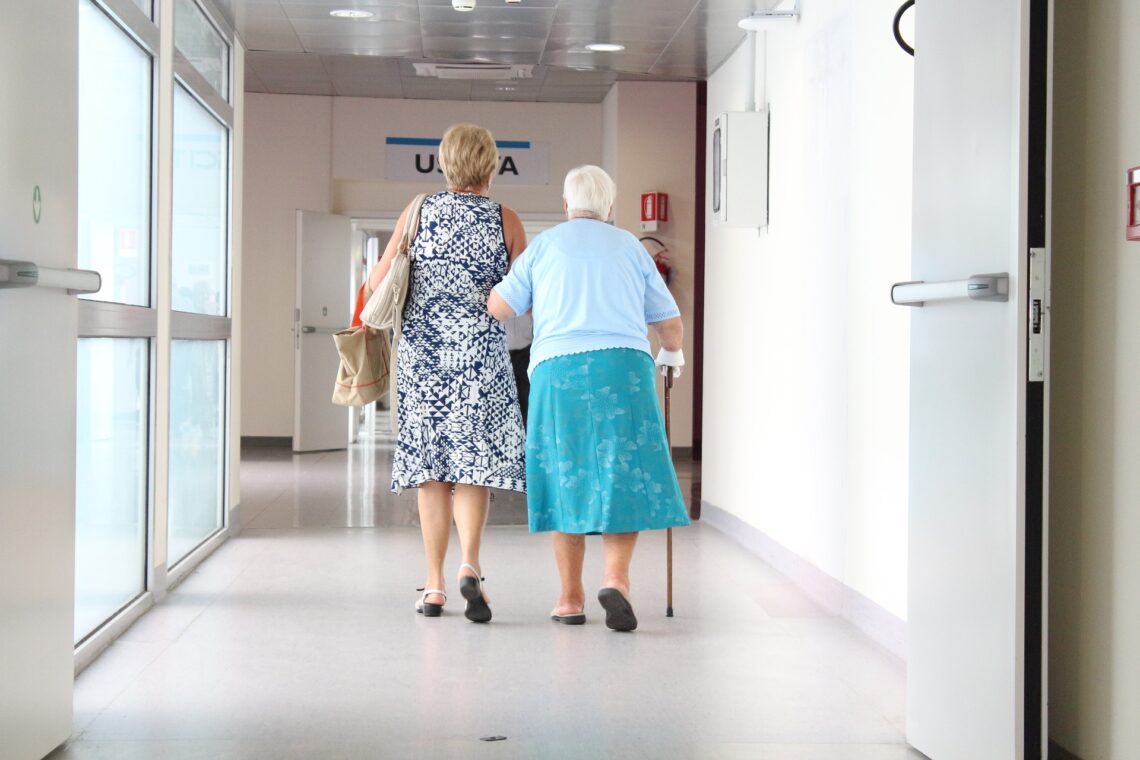Bringing an elderly loved one home after a hospital stay brings relief, but it also raises questions. How will they manage daily tasks? What support do they need during recovery? These concerns are natural when someone you care about needs help at a vulnerable time.
A thoughtful care package provides practical support and reassurance during the transition from hospital to home. It helps maintain independence while addressing immediate recovery needs.
Key insights:
- Hospital discharge notes contain critical information. Review these carefully – they outline medication schedules, wound care requirements, and dietary guidance that shape your care package.
- Recovery needs extend beyond medical supplies. Mobility aids, clear medication schedules, and familiar routines help your loved one feel safe and maintain independence during recovery.
- Small comforts support emotional well-being. Personal items like photographs, favourite music, or familiar scents can reduce anxiety and help someone feel at home during a vulnerable time.
- Organisation reduces stress for everyone. Grouping items by category and including a simple checklist helps your loved one, family members, and any visiting carers provide consistent support.
Understanding post-hospital needs
When someone leaves the hospital, they often feel weak, disoriented, or anxious about managing life at home. Your care package should address both their physical recovery and emotional well-being.
Start with the discharge notes provided by the hospital. These outline specific requirements such as medication schedules, wound care instructions, or dietary guidance. Understanding these clinical needs helps you prepare appropriate support.
Consider their daily routines. If mobility is limited, items like a shower chair, grab rails, or non-slip mats support safe movement around the home. For someone living with dementia, simple aids like calendars, clear labels, or written reminders help maintain familiar routines and reduce confusion.
Essential items for recovery
Your care package should include everything needed for the first week at home:
Medical supplies
Make sure they have enough medication for at least seven days, along with any necessary medical supplies such as bandages, dressings, and antiseptic ointment. Include a clear medication schedule if needed.
Nutrition and hydration
Easy-to-prepare meals, nutritious snacks, and drinks that don’t require lots of preparation. Simple, familiar foods provide comfort during recovery. Consider their dietary requirements mentioned in the discharge notes.
Personal care items
Basic toiletries – soap, toothpaste, shampoo, moisturiser – support dignity and independence. Include comfortable, practical clothing such as pyjamas, slippers, or dressing gowns that are easy to manage.
Comfort and well-being
Beyond clinical needs, personal touches support emotional recovery:
- Books, audiobooks, or magazines for gentle engagement
- Music can promote relaxation and, for those living with dementia
- Simple activities like crossword puzzles or card games provide mental stimulation without causing fatigue
- Familiar scents such as lavender can reduce anxiety and encourage rest
A handwritten note or photo album reminds your loved one they’re supported throughout their recovery.
Organising your care package
Use a sturdy box or basket, grouping items by category: medication and medical supplies together, toiletries in one section, comfort items in another. This organisation helps your loved one, and any visiting carers or nurses, find what’s needed quickly.
Include a simple checklist of contents, along with key contact numbers and any important care instructions. This reference document reduces confusion and supports consistent care.
When additional support is needed
Hospital discharge often requires more than a care package can provide. If your loved one needs help with medication management, mobility support, or reassurance during recovery, professional care may be appropriate.
Our clinical team can arrange specialist home care within 48 hours when required, providing personalised support that adapts as recovery progresses.
Supporting recovery at home
A well-prepared care package demonstrates practical support during a challenging transition. By addressing both clinical requirements and personal comfort, you help create conditions for successful recovery in familiar surroundings.
If you’re uncertain about the level of support needed after hospital discharge, our care experts can provide clear guidance. No pressure, just answers to your questions. Learn more about the types of care Hometouch offers by visiting our website.






